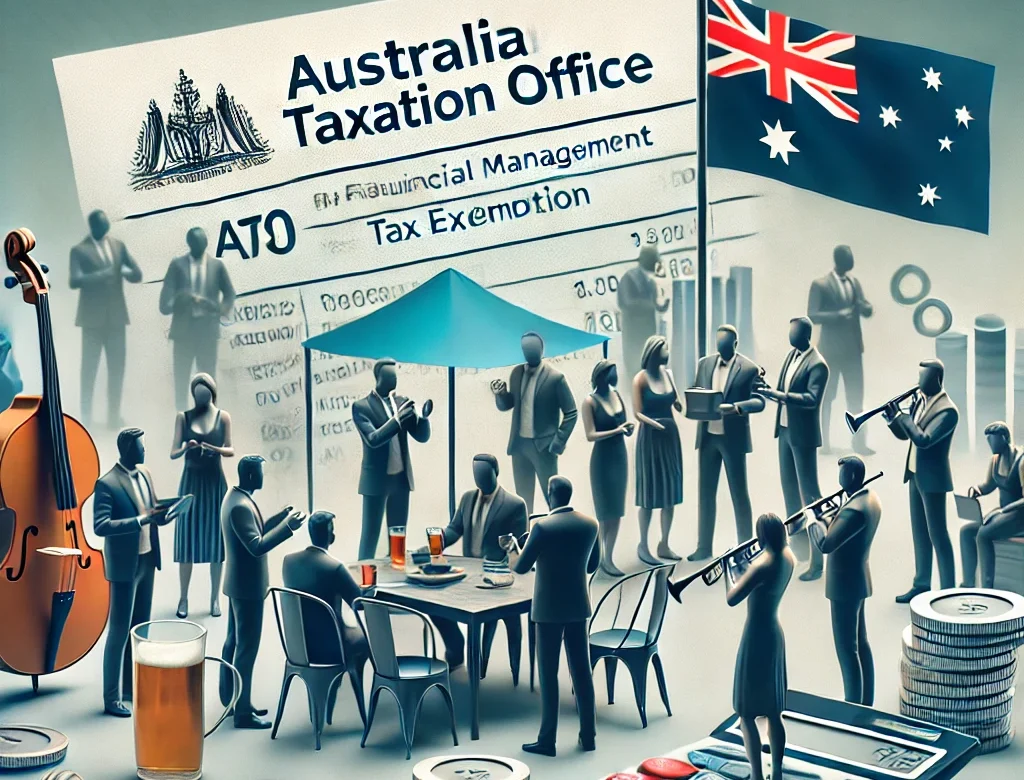Your social club may not be eligible for income tax exemption and may be required to report as a taxable not-for-profit.
Being a not-for-profit (NFP) organisation doesn’t automatically make you exempt from paying income tax. Social clubs or associations generally don’t meet the requirements for income tax exemption either as:
- A registered charity with the Australian Charities and Not-for-profits Commission (ACNC), or
- One of the 8 categories eligible to self-assess exemption as outlined in Division 50 of the Income Tax Assessment Act 1997.
If your social club or association’s main purpose is providing social and recreational facilities or activities for your members to pursue their common interests, your organisation is considered taxable.
If your social club or association is taxable, you need to lodge your income tax return or notify the ATO with a non-lodgment advice each year. Find out what you need to lodge at Taxable NFP Organisations.
Example: A Social Club for Retired Persons
Intellectual Interest Club (the Club) is an NFP company limited by guarantee, established to advance the intellectual and cultural interests of its members, who are retired professionals. The Club holds monthly dinners for members to discuss these topics and to build social connections. It also conducts regular wine-tasting nights and organises holiday trips for its members.
The Club’s main purpose is to provide a social forum for retired professionals to pursue their common interests.
The Club has not been established for community service purposes. It does not promote or provide activities or facilities for the benefit or welfare of the community or members with particular needs due to youth, age, infirmity, disablement, poverty, or economic circumstances. Therefore, it does not qualify for an exemption.
Learn more at Community Service Organisations.
Lodging a 2023-24 NFP Self-Review Return
If your social club is taxable and you received a letter requesting the lodgment of an NFP self-review return, submit the return by 31 March 2025 to notify the ATO of its taxable status.
The easiest way to do this is to phone the self-help service on 13 72 26 and:
- Press 12 for “The organisation’s main purpose is not listed.”
- Submit a “Summary and declaration” indicating a taxable outcome.
You will receive a confirmation letter outlining your next steps to meet your annual income tax reporting obligations.
Please note: Many of the comments in this publication are general in nature, and anyone intending to apply the information to practical circumstances should seek professional advice to independently verify their interpretation and the information’s applicability to their particular circumstances.










